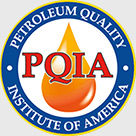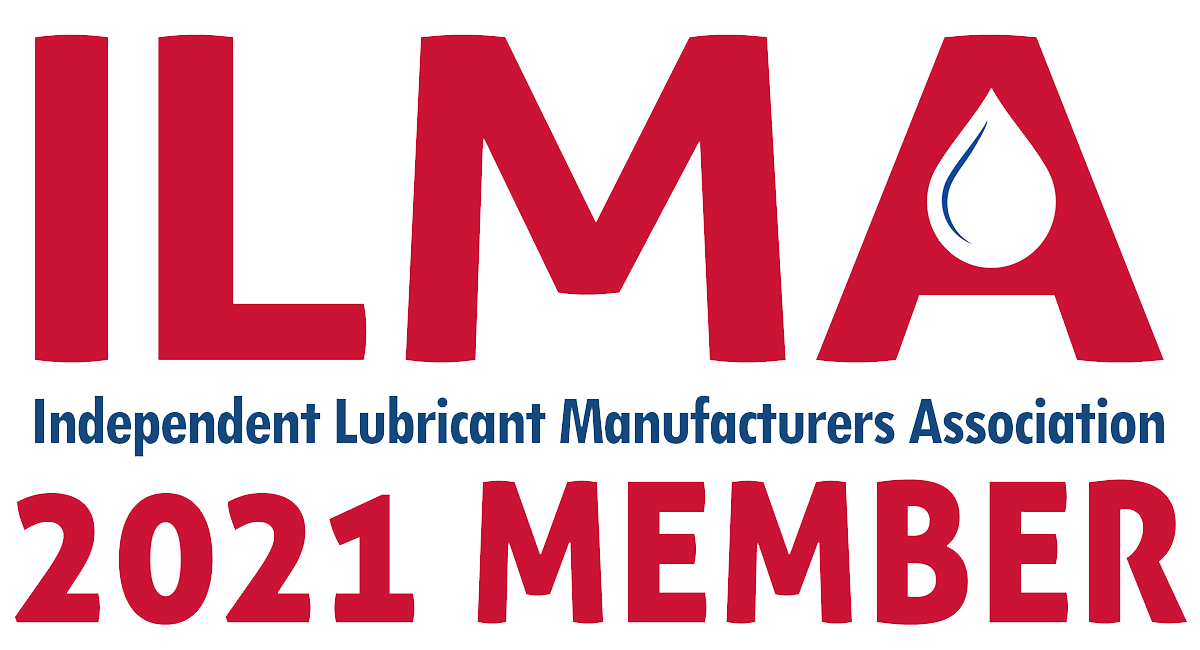 From repairs to logistics and everything in between, maintaining a commercial fleet presents a huge range of challenges that can trip up even the most experienced professionals.
From repairs to logistics and everything in between, maintaining a commercial fleet presents a huge range of challenges that can trip up even the most experienced professionals.
Fleets have many moving parts to maintain and new technology has made maintenance even more difficult. According to Greg Wyatt, Commercial Fleet Manager for PetroChoice, the most important aspect of fleet managing is keeping down time to a minimum. Having a vehicle out of service can lead to losses in production and extended down time can be a major drag on efficiency, customer satisfaction and profitability.
“There is a Service Technician shortage and getting trucks repaired in a timely fashion is always a challenge,” Wyatt said. “Modern trucks are very complex and troubleshooting sophisticated electronic systems, especially exhaust after-treatment systems, is challenging.”
Related: Learn more about PetroChoice’s products and services for commercial vehicles
Wyatt said having a thorough inspection protocol during the maintenance process is important, and it’s something that too few fleet managers focus on. He also called out record keeping, scheduling and not utilizing oil analysis as weak spots for many in the industry.
“In most cases, fleet directors have not been shown the many potential benefits of testing and do not realize that this analysis can prevent costly system failures,” he said.
As truck engines evolve with technological advances, fleet managers need to keep re-evaluating the lubricants they are using in their vehicles. Wyatt said he sees the industry continue to rely on conventional 15W-40 motor oils while most OEMs have moved on to other products.
“All major OEM’s are currently factory-filling with 10W-30 API CK specified oils,” Wyatt said. “These oils are designed for today’s modern engines. They are proven to reduce wear at start-up and can provide significant fuel savings especially on large fleets. In addition, use of synthetics for transmission and differentials provides significantly extended service life and component life lowering the fleet total cost of ownership.”
Related: New Bill Would Exempt Small Trucking Companies from ELD Mandate
Newer technology can help streamline the maintenance process and provide valuable insight on all aspects of a vehicle.
“The trucks computers are very advanced and many have abilities to provide instant fuel economy readings and report back to the fleets on service warnings and error codes to provide advance troubleshooting before the truck arrives at a service center,” Wyatt said. “The electronics will continue to advance as well as technology tools for Fleet directors, drivers and technicians.”
Still, all that technology will do little to help if fleet managers aren’t using the correct lubricants. Wyatt advises that the best lubricants will meet OEM specifications, but also provide the right protection each unique fleet needs. Between heavy loads or light loads, local deliveries or cross-country hauling, heavy vocation or high idle, different fleets have vastly different requirements. Some would be well served using long draining lubricants, while others need to explore different options. Wyatt said balance is key to choosing the right product.
“It is about the correct balance, and this again has to take into account the specific component to be lubricated, how severe the application is, what type of fuel is being used, what the average fuel consumption is, what the load is or whether there is severe duty,” Wyatt said. “Once all of these details are determined the correct lubricant can be recommended to provide the service level necessary to achieve the goals of the user.”







